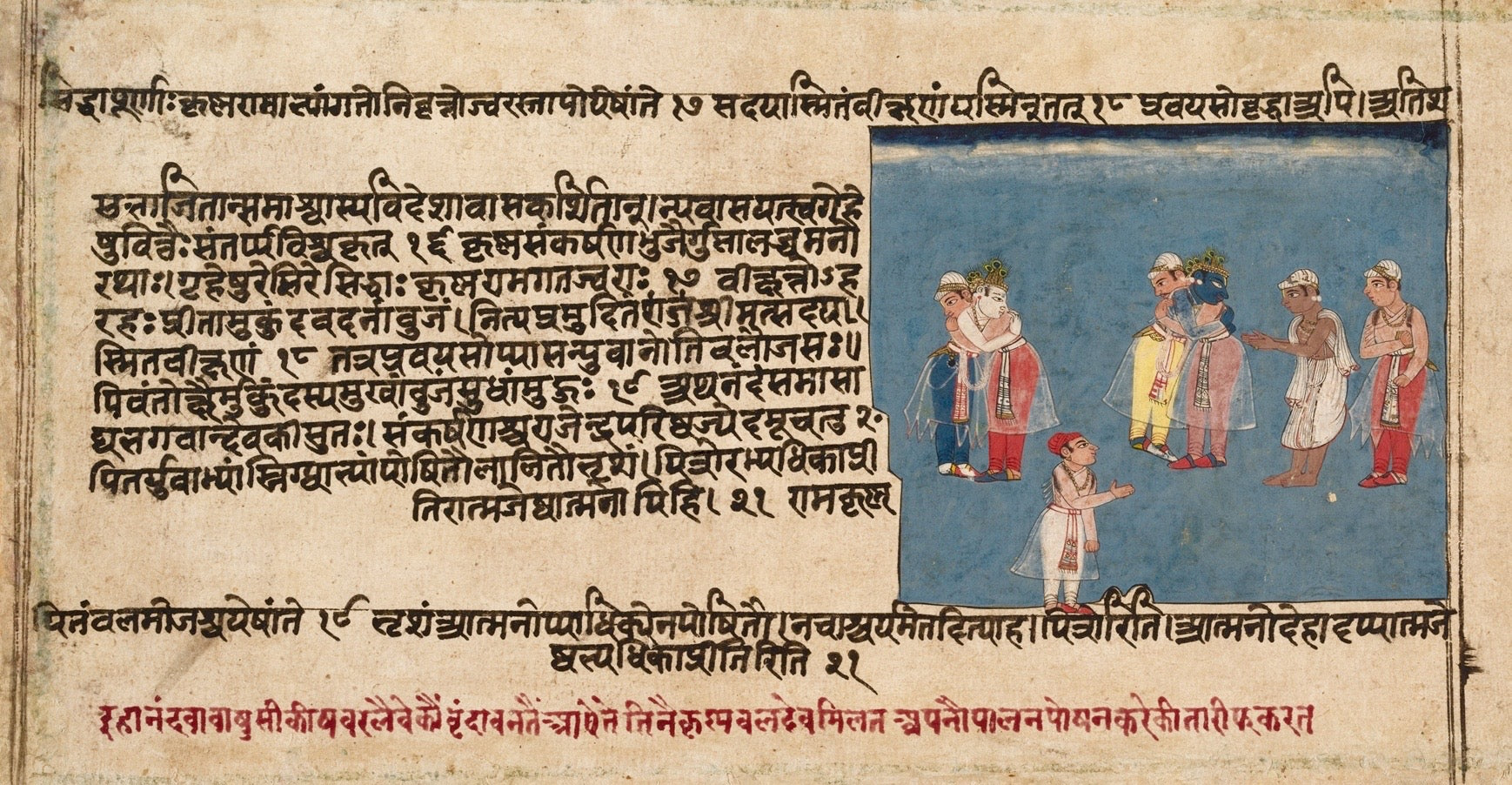
Unveiling the Significance of Yagya in Hinduism and Science: Ancient Rituals and Modern Understandings
Introduction: Hinduism, one of the world's oldest religions, is a rich tapestry of customs, rituals, and philosophical doctrines. Among its numerous practices, the ancient tradition of Yagya, also known as Yajna, holds a unique place. Yagya is a sacred ritual performed to honor deities, seek divine blessings, and foster spiritual growth. While deeply rooted in Hindu religious beliefs, Yagya also holds intriguing connections to science, bridging the gap between ancient wisdom and modern understanding. This article delves into the significance of Yagya in both Hinduism and science, exploring its historical context, rituals, and the scientific principles underlying this age-old practice.

Historical Context: Yagya has been an integral part of Hinduism since time immemorial. The Rigveda, one of the oldest scriptures in the world, contains numerous hymns dedicated to Yagya. These rituals were performed to establish harmony with nature, appease the gods, and promote the welfare of all living beings. In ancient times, Yagya was conducted on grand scales, involving elaborate fire ceremonies, recitation of mantras, and offerings of various substances like ghee, herbs, and grains.

Symbolism and Rituals: At its core, Yagya is a symbolic act representing the eternal cycle of creation, sustenance, and dissolution. The ritual fire, known as Agni, serves as a link between the mortal and divine realms. Yagya ceremonies involve the precise arrangement of firewood, kindling, and offerings, symbolizing the cosmic order and interconnectedness of all elements. Mantras, chanted during Yagya, possess a profound vibrational significance, believed to invoke divine energies and create a harmonious environment.

The Scientific Perspective: While Yagya has deep religious roots, modern science sheds light on the fascinating scientific principles underlying this ancient practice. The burning of specific materials during Yagya releases a multitude of volatile organic compounds (VOCs) and phytochemicals into the atmosphere. These compounds, including aromatic substances, possess antimicrobial, antioxidant, and medicinal properties. The diffusion of these compounds during Yagya acts as a natural air purifier, cleansing the environment of harmful pathogens, bacteria, and pollutants.

Environmental Benefits: The environmental impact of Yagya rituals is far-reaching. Scientific studies reveal that the smoke emitted during Yagya contains certain beneficial elements, such as nitrogen dioxide, which act as natural fertilizers, enhancing soil fertility and promoting plant growth. The purification of the atmosphere through Yagya reduces air pollution and contributes to a healthier ecosystem. Additionally, the ritualistic use of organic materials and sustainable practices aligns with the principles of environmental conservation, making Yagya a sustainable tradition that reverberates with contemporary concerns.

Psychological and Spiritual Significance: Yagya is not merely a physical act; it holds immense psychological and spiritual significance. The ritual demands focus, discipline, and mental clarity, fostering a sense of mindfulness and connection with the divine. Yagya serves as a medium for self-reflection, purifying the mind and encouraging introspection. The act of offering oneself and surrendering to a higher power during Yagya cultivates a sense of humility, gratitude, and devotion.

Harmony with Nature: One of the fundamental aspects of Yagya is its emphasis on living in harmony with nature. The offerings made during Yagya consist of natural substances like ghee, grains, and herbs, honoring the earth's abundance and emphasizing the importance of sustainable living. Yagya rituals remind practitioners of their role as stewards of the environment and inspire a deeper appreciation for the interconnectedness of all life forms.
Conclusion: The significance of Yagya in Hinduism extends far beyond its religious connotations. It represents a bridge between ancient traditions and modern scientific understanding. The holistic nature of Yagya, encompassing physical, psychological, and environmental aspects, reflects the profound wisdom inherent in Hindu philosophy. As science continues to unravel the mechanisms behind this ancient practice, Yagya stands as a timeless testament to the inherent unity of spirituality and science. By embracing and exploring the rich tapestry of traditions like Yagya, we open ourselves to a deeper understanding of our world and forge new paths towards sustainable living and spiritual growth.
By Manshi Singh
(The images used in this blog post are not owned by Anime Devta, they are just to help the readers)

